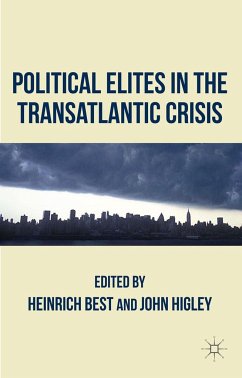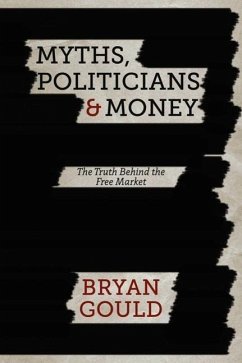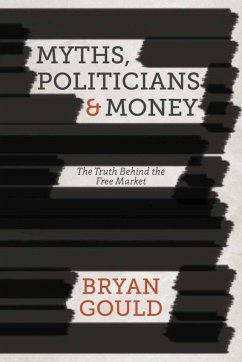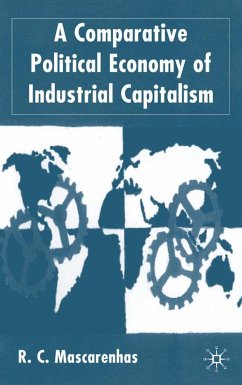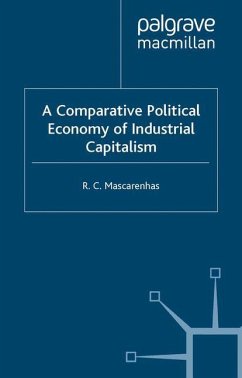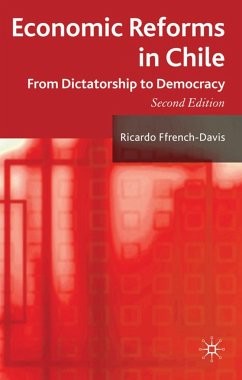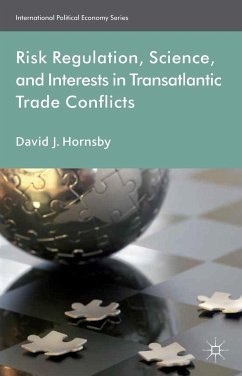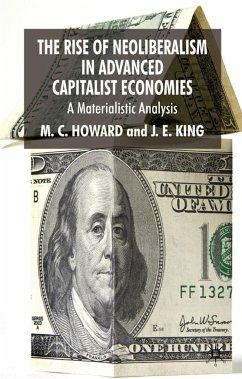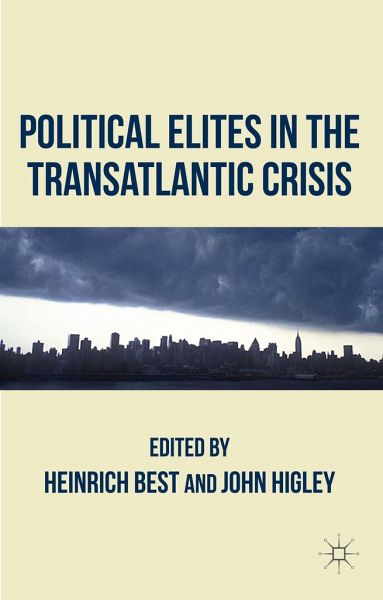
Political Elites in the Transatlantic Crisis

PAYBACK Punkte
19 °P sammeln!
Beliefs held by US and European elites about unregulated markets and a currency union without fiscal union led to a transatlantic crisis unmatched in severity since the Great Depression. Leading scholars of elites analyze how elites have responded to the crisis, are altered by it and what this 'hour of elites' means for democracy.





